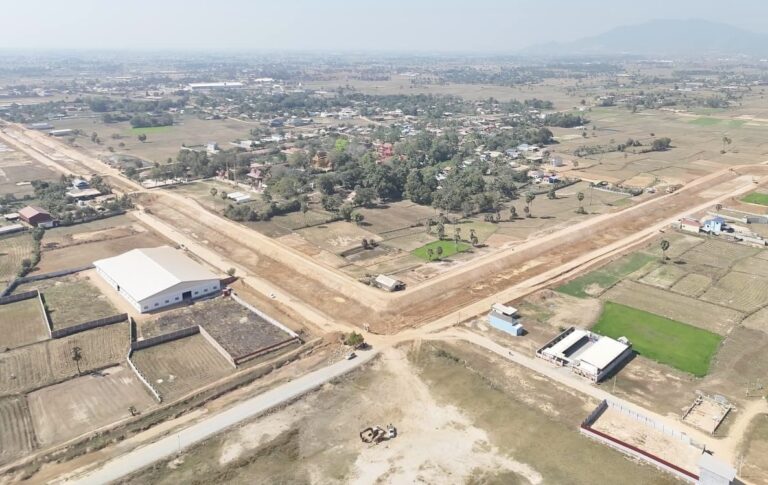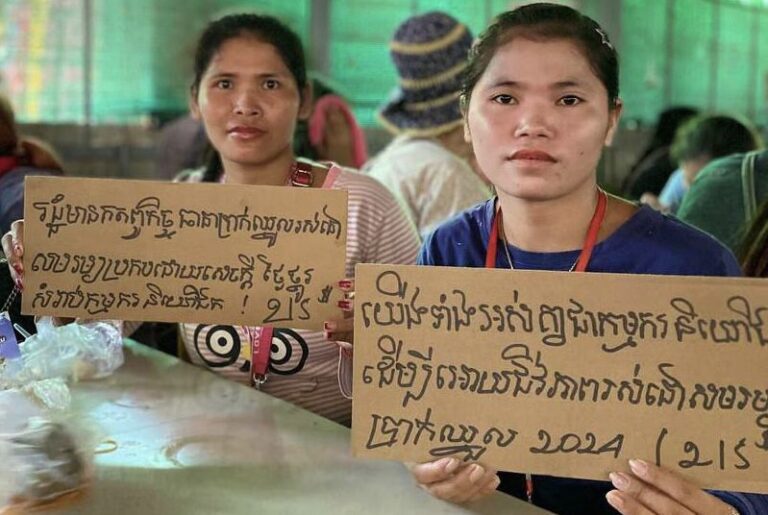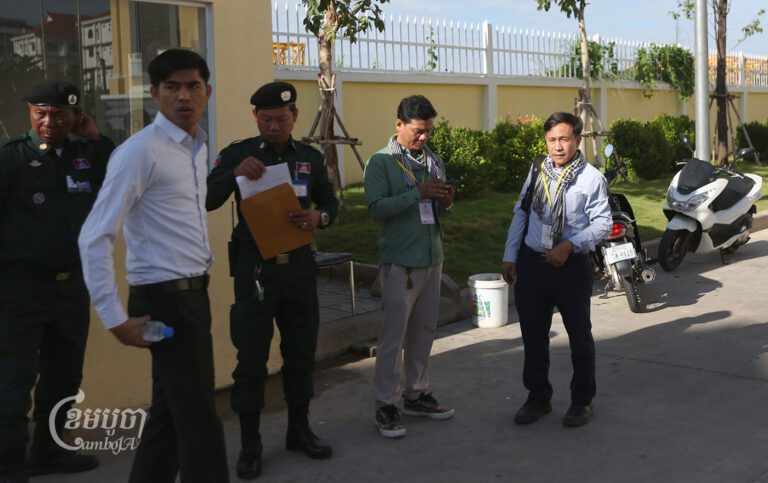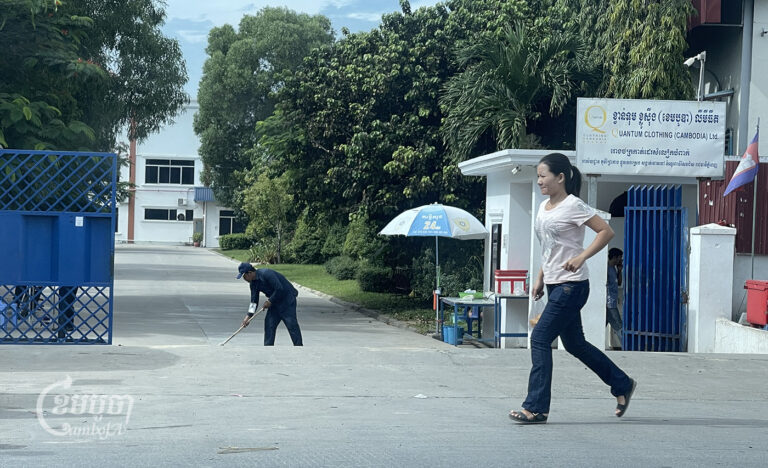New Prime Minister Hun Manet promised to increase the minimum wage of $200 for the garment, textile and footwear industries next year, during a meeting with nearly 20,000 of the sector’s workers in Phnom Penh’s Pur Senchey district on Tuesday.
“You think that is not enough [$200],” Manet said to the workers. “This is right, and the government has recognized that, which is why we are making efforts to increase it gradually, but we must take steps to ensure our competitiveness and our growth.”
“A lot or a little, minimum wage must be raised,” he added.
Earlier this month, the Labour Ministry’s National Minimum Wage Council began discussions with union and employer representatives, with meetings scheduled to run into October.
Garment workers and their union leaders have long been calling for an increase in their wages, and said they wanted at least a $20 increase to try to keep up with inflation.
“We have highlighted some of the challenges that workers face, such as inflation, low income, high cost of living, water and electricity costs. They have to pay monthly,” said Ath Thorn, president of the Cambodian Labour Confederation.
“It would be good news if the minimum wage will increase by $20, but if there is more increase it is even better for workers,” he added.
“Employers have agreed to the request of His Excellency Prime Minister [Hun Manet] for increasing the minimum wage in 2024,” said Nang Sothy, vice president of the Cambodian Federation of Employers and Business Association, representing employers in the ongoing wage council negotiations.
“Our employers see no positive point to increase [minimum wage] but we recognize the increase in inflation that our workers are facing,” he added. “As we have seen some factories have no one work overtime, sometimes they have suspended workers in order the factory has the ability to continue breathing [to live].”
He pointed out that the globales market is facing a challenging economic crisis, including a decline in ordering from European and United States, and higher logistics cost for exporting products.
Sothy said he was concerned about Cambodia increasing wages during a period of economic turbulence which has seen a decline in ordering from European and US brands, leading to factory closures.
“It will be difficult to have a competitive market price because other countries have lower wages than our country, and our logistics are expensive, so we are concerned investors will leave our country,” Sothy said.
Kaing Monika, deputy secretary general of the industry group’s Textile, Apparel, Footwear and Travel Goods Association in Cambodia (TAFTAC), echoed these concerns, arguing that Cambodia’s low labor costs were its biggest draw for investors.
“Economically, it’s not possible to increase. The current discussion of negotiation should be in the context of how the sector can recover back in 2024 bringing back jobs and full working hours,” he said.
He added that the industry needs to reduce high costs such as logistics.
Monika said he did not expect the sector’s outlook to improve next year due to slow economic growth globally and still high inflation rates.
“If orders come back in 2024, we also need to bid against other countries who are hungry for orders too,” Monika said, pointing out that Cambodia’s minimum wage was significantly higher than in countries like Bangladesh and India.
Chien Krem, who works at Phnom Penh garment factory, said his current salary is “not enough for my family,” noting in particular the rising cost of gas and his children’s education. He was excited to hear Manet’s promise to increase wages.
“It is good news for us as factory workers that this can help all workers who are affected because the current salary is not enough for my family,” Krem said. “I want to increase the salary from $230 to $250 so I can have enough for food, money to pay rent and bank debts on time, water and electricity bills.”
Labour Minister Heng Sour declined to comment.
Correction: This story has been corrected to remove a description of industry cost cutting measures attributed to Kaing Monika. He said the industry needs to reduce high costs such as logistics, but did not specifically mention transportation as an example.














